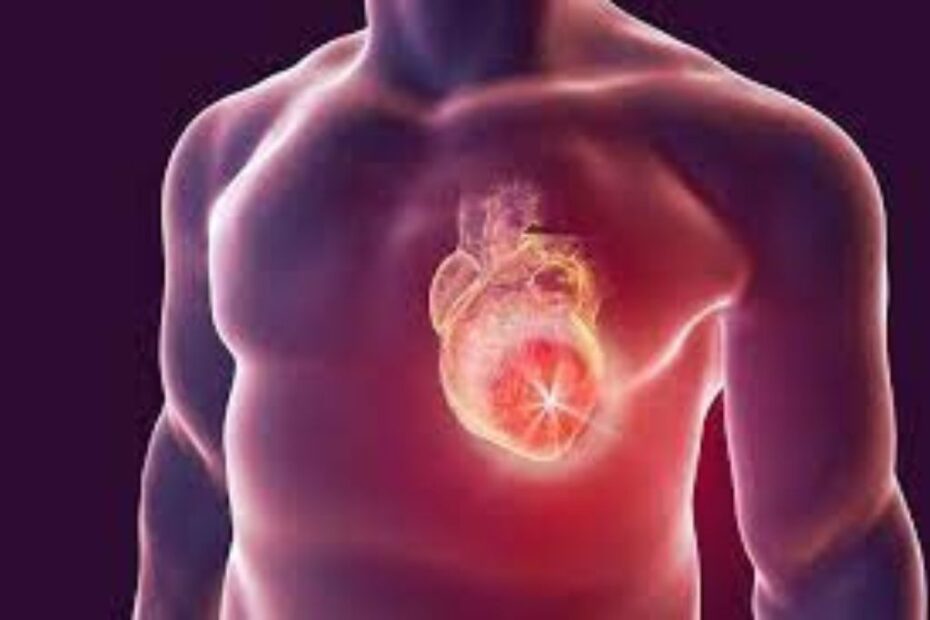Sudden cardiac death is the sudden cessation of breathing, cardiac activity, and loss of consciousness. It is responsible for a large majority of death under 40 years worldwide, contributing heavily to cardiac mortality. The incidence of sudden cardiac death has increased in light of the COVID-19 infection and the move towards an aggressively ‘fit and clean lifestyle.
During a cardiac arrest, the cardiac electrical system is abnormal. When the electrical conduction in the heart is disturbed, the heart stops functioning, and there is a deficit in blood supply to the whole body and brain, causing the person to fall unconscious.
It can be due to several causes, including heart attack.
What are the signs of cardiac arrest?
The following are the signs of a cardiac arrest:
- Loss of palpable pulse
- Sudden collapse
- Loss of consciousness
- No breathing
It is a very suddenly occurring event, usually without any warning signs and symptoms of Cardiac arrest. Sometimes it may be associated with the following symptoms.
- Lightheadedness
- Shortness of breath
- Palpitations
- Weakness
However, these symptoms are rare, which is called sudden cardiac death.
What can we do in case of a suspected cardiac arrest?
First things to do when there is a person who has fallen unconscious and without a pulse are as follows:
- Call for help around, and the emergency ambulance number
- Perform CPR if the person is not breathing. One should do it with a hand over the heart’s area on the chest wall and in cycles of 30 pumps and two rescue breathing. The person taking care of them should do CPR at a rate of at least 120 times a minute.
- If you have a defibrillator, connect the leads over the chest and follow the instructions conveyed over the voice command. When the paramedics
Why does cardiac arrest happen?
Cardiac arrest happens because of abnormal electrical activity in the heart. The regular rhythm is overridden by an irregular rhythm originating from another area in the heart that is not the pacemaker tissue. The electrical abnormality can cause the heart to beat too fast, slow, or irregularly.
In such a situation, the heart may not contract sufficiently to pump blood, leading to cardiac arrest.
What are the causes of abnormal electrical activity in cardiac arrest?
Abnormal electrical activity of the heart can be because of the following conditions
- Heart attack
- Cardiomyopathy
- Cardiomegaly
- Congenital anomalies of the heart
- Brugada syndrome
- Long QT syndrome
These conditions disturb the natural structure of the heart and lead to arrhythmias.
What are the risk factors for sudden cardiac death?
The following are some factors that can lead to cardiac arrest in a person:
- Smoking
- High blood pressure
- High cholesterol
- Diabetes
- Poor lifestyle
- Male gender
- Obstructive sleep apnea
- Increased age
- Previous heart attack
- Chronic kidney disease
What can we do to prevent the risk of sudden cardiac death?
A cardiac arrest is an outcome of genetics and unhealthy lifestyle choices. We can prevent sudden cardiac death by moving towards a more wholesome, less stressed, and physically active life.
The following tips can help in reducing the chances of sudden cardiac death:
- Diet rich in raw foods, like fruits, nuts, and home-cooked meals.
- Getting regular screening for heart and kidney diseases.
- Keeping cholesterol levels in check with the help of food and medication.
- Active lifestyle with a focus on mild and moderate exercise for at least 150 minutes a week.
- Weightloss.
- Cessation of smoking
- Keeping blood pressure under control by taking regular BP tablets and moderated salt intake.
These are some of the modifiable factors that are in the affected person’s control. Even after a heart attack or heart disease, aggressive lifestyle changes can reduce the chances of sudden cardiac death.

